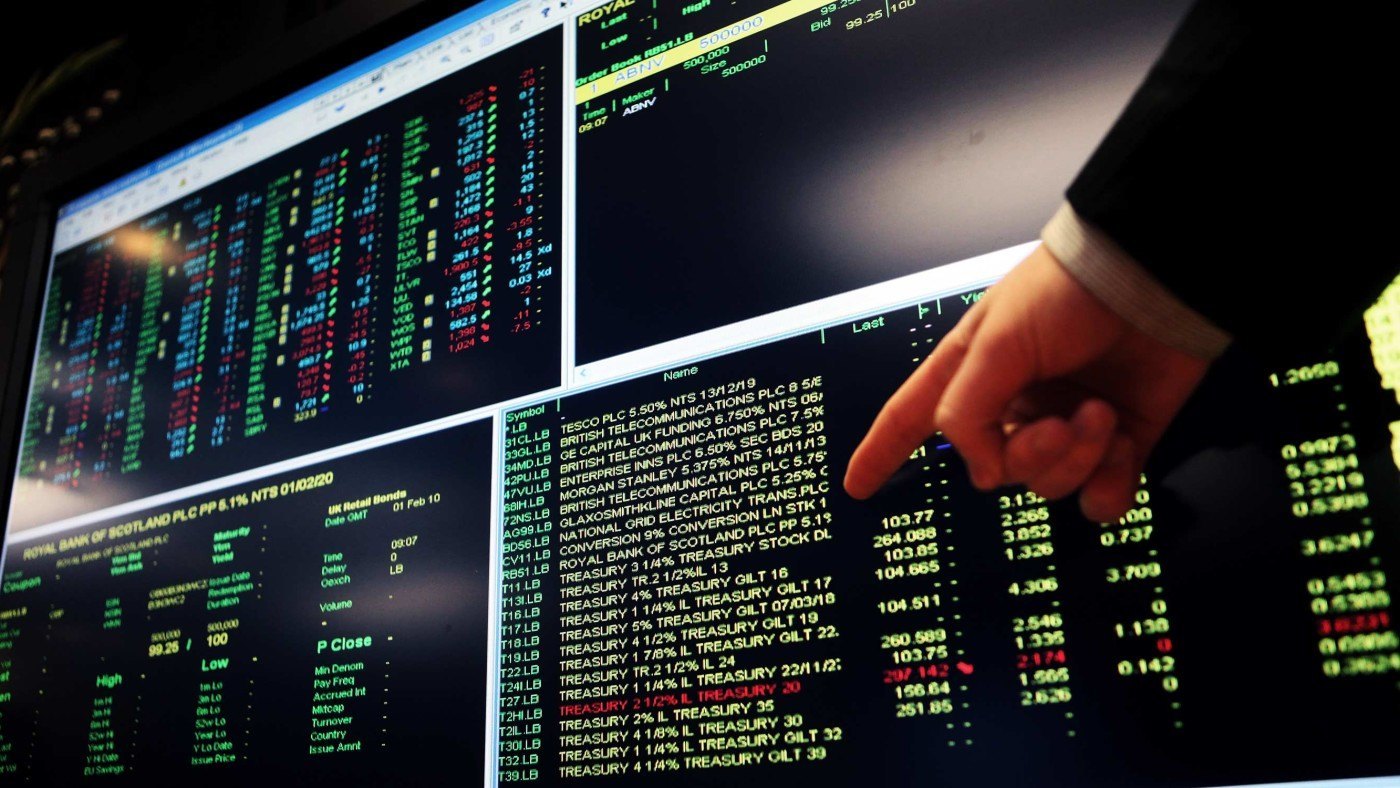Call it the Boris effect. The pound has dropped below $1.40, its lowest level for seven years, and this has been accompanied by some rather hysterical commentary about Brexit bringing hellfire and damnation to the British economy.
HSBC, for instance, has warned that Brexit could shave 1-1.5% of UK GDP growth and tip it perilously close to recession.
We are living in a time of dislocation, when different markets and different investors hold apparently wildly contradictory views and some of those are actually quite sanguine.
Sterling has evidently been volatile and traders are buying risk protection around the referendum date in June, but it is not at a seven year low. The trade weighted index, against a basket of currencies, it is at just below 89, a two-and-a-half year low. That is because the euro has also been weak against the dollar, as have emerging market currencies.
Anyway, a drop in sterling is just what the stumbling economy needs right now. The great recoveries of the last century, in 1932 when Britain came off the gold standard, in 1981 after the infamous Howe budget, and in 1992 when Britain fell out of the ERM, were all preceded by big falls in sterling of up to 25%.
If the Bank of England was expecting a serious collapse in sterling and a consequent spike in inflation, it would not have pushed out its forecast to when it expects to raise interest rates to beyond 2018.
The gilts market is booming. The 10-year gilt yield is currently below 1.6%, its lowest since 1694 (the gilts market has the longest series of recorded data in the world). On Tuesday, the British government borrowed £2.5bn, index linked, for 50 years at a real yield of minus 0.89%. This is an astonishing number. It means investors are effectively paying the Government to look after their money – hardly a sign of losing faith in the UK.
It is as if gilt traders are saying: “The currency boys might be getting jittery, but we take the long view and this is all a bit of a storm in a teacup. What we are really worried about is economic stagnation, in the euro zone and the UK for that matter. Also we don’t trust the banks and gilts are a safer place to park cash.”
The spread betting market is indicating yet another view. IG Index have just opened a Brexit market on a spread of 65-63. In other words, they estimate the public will vote a resounding 64% in favour of Remaining in the EU. If you think more will do so, you should buy at 65 and if you think fewer, you should sell at 63.
The equities market is also emitting signals which appear superficially puzzling. Political uncertainty, including the US Presidential election and Brexit, is undoubtedly a factor behind the recent turmoil. But the weakness in sterling has made British exports cheaper. Associated British Foods and Unilever, for instance, have actually performed strongly in recent days.
Most interestingly, Deutsche Boerse evidently looked at the temporarily weak share price of the London Stock Exchange and thought “bargain” and made an offer for the company. The Germans believe that although Brexit is an uncertainty, it either will not happen or, if it does, things will work themselves out. Some sectors, like investment banks, might be affected adversely by Brexit. Others, like manufacturers, might benefit. To canny investors, disruption and change are not just risks, but opportunities. And that, surely, is the way to bet.


